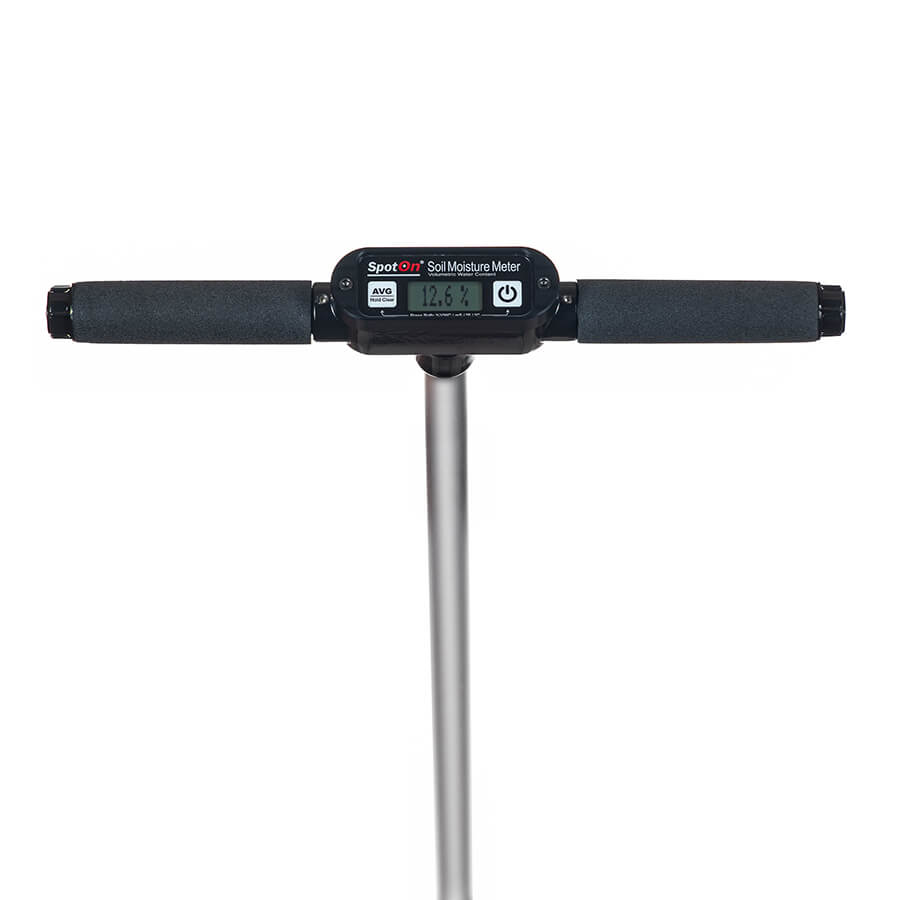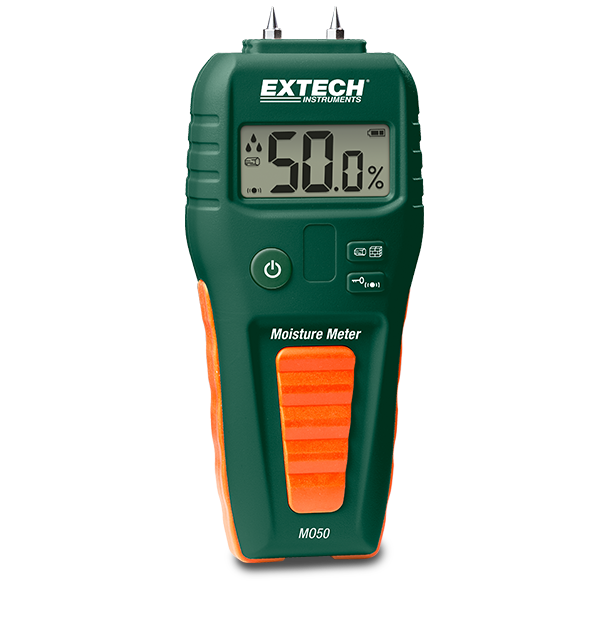Why Every Home Owner Demands a Moisture Meter: Secret Advantages and Attributes
Why Every Home Owner Demands a Moisture Meter: Secret Advantages and Attributes
Blog Article
The Ultimate Overview to Moisture Meters: A Comprehensive Review and How They Can Save You Cash
In the realm of building maintenance, building and construction, and numerous markets, the importance of precisely determining dampness levels can not be overstated. Moisture meters function as crucial tools in finding and monitoring moisture content in products, assisting in stopping pricey damages and ensuring the high quality of products. Comprehending the nuances of different sorts of wetness meters, their applications, and the potential cost-saving benefits they supply can be a game-changer for businesses and professionals alike. Uncovering how these devices can not just streamline processes however likewise add to financial savings is a trip worth starting.
Kinds of Moisture Meters
Numerous kinds of moisture meters are offered for various applications in numerous sectors. One common type is the pin-type wetness meter, which gauges the electrical resistance in between 2 pins placed right into a product. This type is suitable for wood, drywall, and various other building materials. Pinless moisture meters, on the various other hand, use electromagnetic sensing unit plates to scan a larger location without creating damage to the product's surface area. These meters are excellent for swiftly evaluating dampness levels in huge locations such as floorings and walls.
Infrared wetness meters determine the thermal properties of a product to determine its wetness material non-invasively, making them beneficial for applications where pin or pinless meters might not be suitable. Comprehending the various types of wetness meters readily available can assist markets choose the most proper device for their specific wetness measurement requirements.

Advantages of Making Use Of Moisture Meters

Furthermore, using wetness meters can lead to enhanced energy performance. In agricultural setups, moisture meters play a vital function in enhancing crop returns by making it possible for farmers to keep track of dirt dampness levels and make educated irrigation choices.
Just How to Choose the Right Moisture Meter
Selecting the suitable moisture meter involves taking into consideration vital variables such as product compatibility, dimension array, and calibration accuracy. When picking a moisture meter, it's necessary to ensure that the meter is appropriate for the certain material you will be screening. Various materials have varying electrical buildings that can influence wetness analyses, so picking a meter developed for your material is critical for precise results. Additionally, consider the dimension series of the moisture meter. Guarantee that the meter can detect wetness degrees within the variety needed for your applications. Calibration accuracy is one more vital factor to bear in mind (Moisture Meter). Go with a moisture meter with trustworthy calibration to guarantee constant and specific readings. Some meters may need regular calibration adjustments, so understanding the calibration process is essential. By carefully examining these factors, you can pick a wetness meter that satisfies your requirements and provides exact wetness dimensions for your projects.
Proper Strategies for Moisture Meter Usage
To guarantee precise wetness readings and maximize the efficiency of a dampness meter, employing appropriate techniques is crucial. When making use of a pin-type moisture meter, insert the pins or probes into the product being examined up until they make full contact. Guarantee the pins are perpendicular to the surface to get the most accurate reading. For pinless moisture meters, hold the device level against the product and relocate gradually to cover the whole location for an ordinary reading. It's critical to adjust the dampness meter according to the material being tested to improve accuracy. Take multiple readings throughout the surface area and average them out for a much more dependable outcome. Additionally, ensure that the product being evaluated is adapted to the setting to avoid manipulated analyses. Regular maintenance more info here of the dampness meter, such as cleansing the pins or sensing unit, is additionally important to make sure precise and consistent readings. By adhering to these proper strategies, individuals can count on their dampness meter to offer trustworthy wetness degrees, aiding in avoiding expensive damage or guaranteeing quality in various applications.

Expense Savings With Moisture Meter Applications
Just how can the strategic use of wetness meters bring about substantial price savings across numerous markets? Wetness meters play an essential role in price financial savings by protecting against prospective damages and ensuring top quality control in different fields. In the farming industry, moisture meters help in establishing the optimal time for collecting crops, avoiding over-drying or excess wetness that can influence the last product's top quality. This accurate monitoring aids farmers stay clear of unneeded losses and optimize their yield.

Additionally, in the food processing sector, wetness meters are vital for keeping track of product quality and ensuring compliance with safety laws. By accurately determining moisture content in food products, makers can stop putridity, keep quality, and lower waste, causing considerable price financial savings. Generally, the critical application of moisture meters is a useful financial investment that can lead to considerable expense reductions and boosted efficiency throughout various markets.
Final Thought
To conclude, moisture meters are beneficial devices for discovering and determining dampness levels in various products. By utilizing the ideal moisture meter and following correct methods, users can properly avoid costly problems created by excess moisture. Spending in a high quality moisture meter can lead to considerable price financial savings over time by recognizing prospective issues early and making it possible for timely remediation. Ultimately, moisture meters are necessary instruments for maintaining the honesty and durability of products try this website and frameworks.
Moisture meters serve as important tools in spotting and monitoring moisture material in products, aiding in avoiding pricey problems and ensuring the high quality of items. Infrared moisture meters determine the thermal residential properties of a product to identify its moisture material non-invasively, making them valuable for applications where pin or pinless meters might not be suitable.Moisture meters provide very useful advantages in precisely evaluating and keeping an eye on wetness degrees in varied products and atmospheres. In agricultural settings, moisture meters play a critical duty in optimizing plant returns by allowing pop over to these guys farmers to keep an eye on dirt dampness degrees and make notified watering choices.In conclusion, wetness meters are useful devices for detecting and determining dampness levels in numerous products.
Report this page